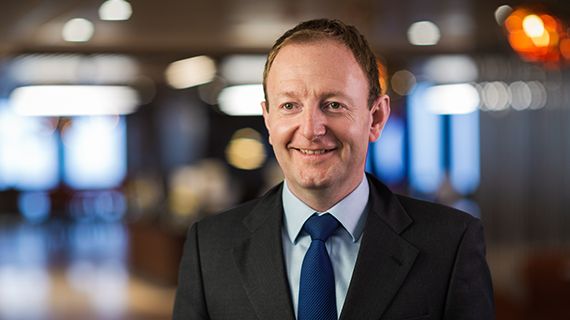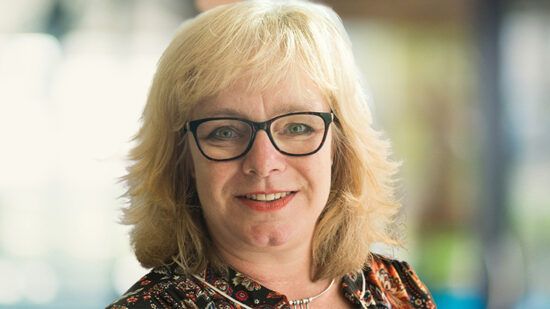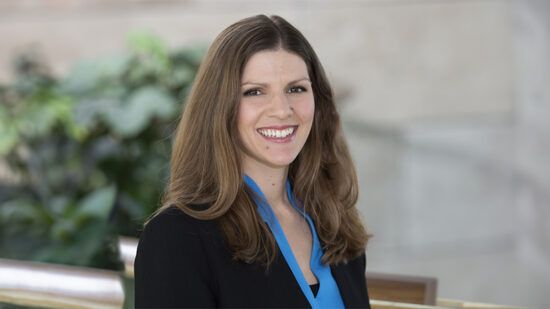Aviva Investors has told companies it will be focusing its engagement activities on climate change, biodiversity, human rights and executive pay this year, and will divest from those that are not up to standard.
In a letter to CEOs Aviva Investors chief Mark Versey (pictured) said: “The most meaningful and direct impact we can achieve comes from our commitment to fully integrate environmental, social and governance factors across investment strategies, and the targeting of ‘real world’ positive outcomes for the betterment of people, the planet and the climate.”
He added: “Companies must now turn their pledges into concrete and measurable plans of delivery.”
The letter sets out the firm’s expectation of companies, including to develop climate transition plans that comply with the CDP framework and to integrate climate risks and opportunities into accounting and voluntarily report on these.
On biodiversity expectations, Versey said all companies should develop action plans that include Science Based Target Network for Nature-aligned targets and reporting.
In May 2021 Aviva Investors was among 18 new signatories of the Finance for Biodiversity Pledge, which commits firms to collaborating, engaging, assessing their own biodiversity impact, setting targets and reporting on biodiversity by 2024 at the latest.
Human rights risks must also be assessed and tracked, and robust procedures put in place across the value chain. And all these environmental and social targets and considerations must be factored into executive pay.
“We acknowledge the magnitude of many of these challenges and will evaluate companies on the strength of their commitments and their ability to demonstrate progress over time. However, we will hold boards and individual directors accountable where the pace of change does not reflect the urgency required,” Versey concluded.








